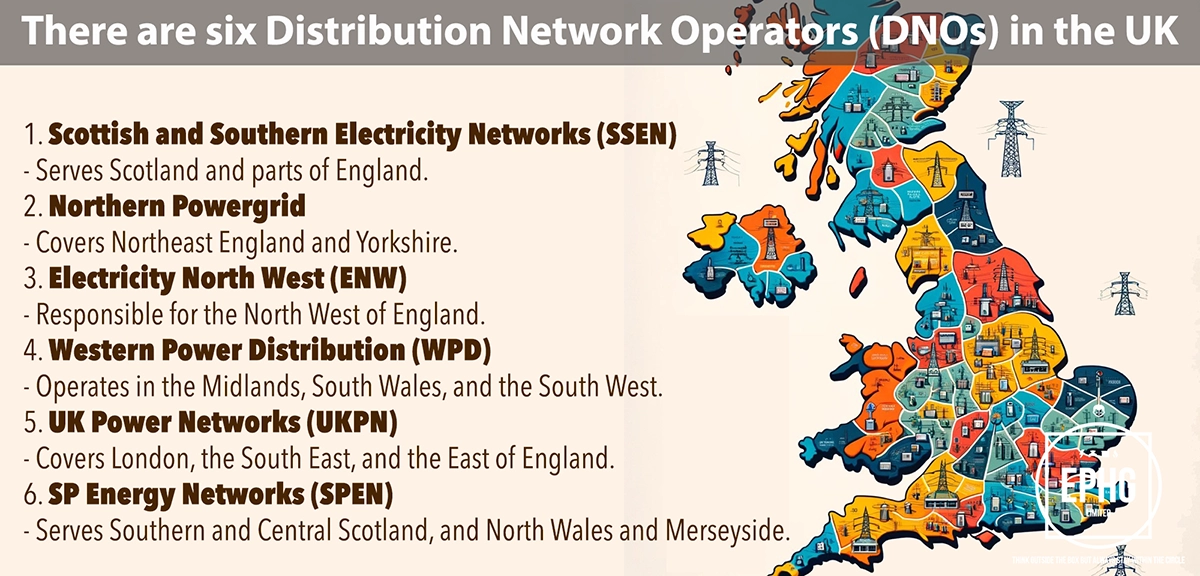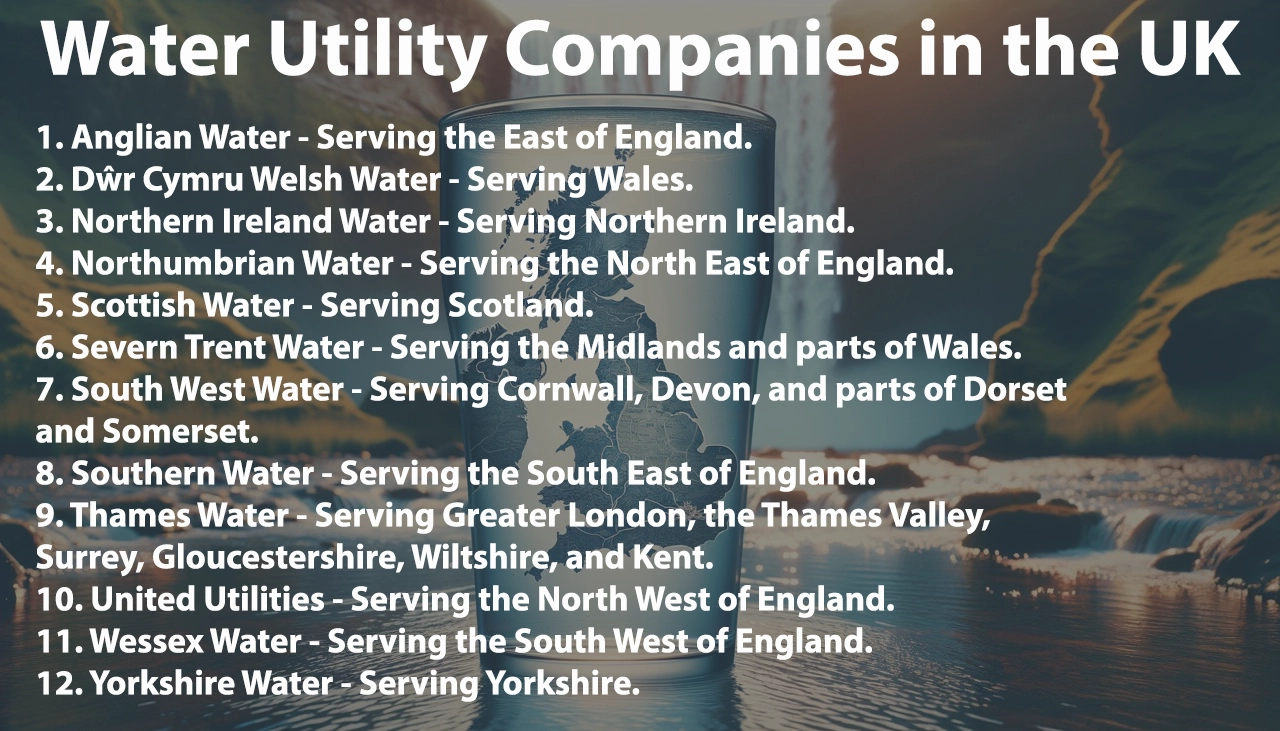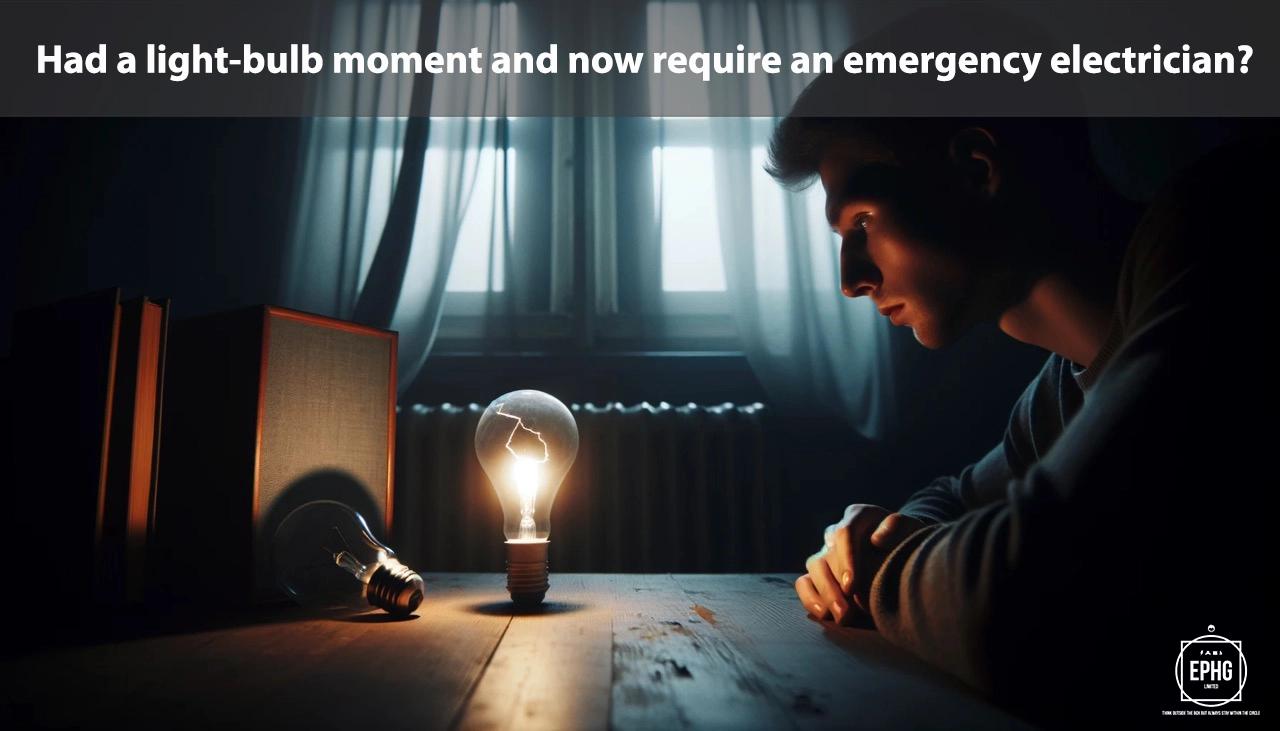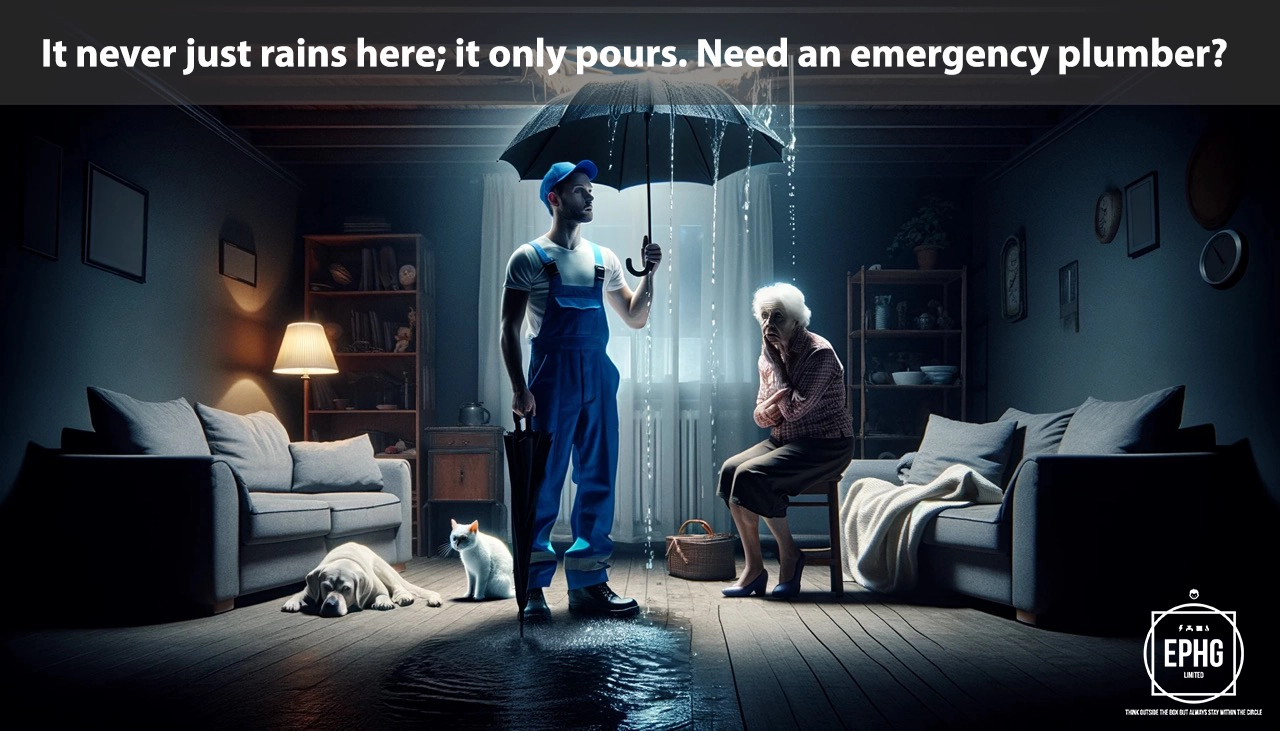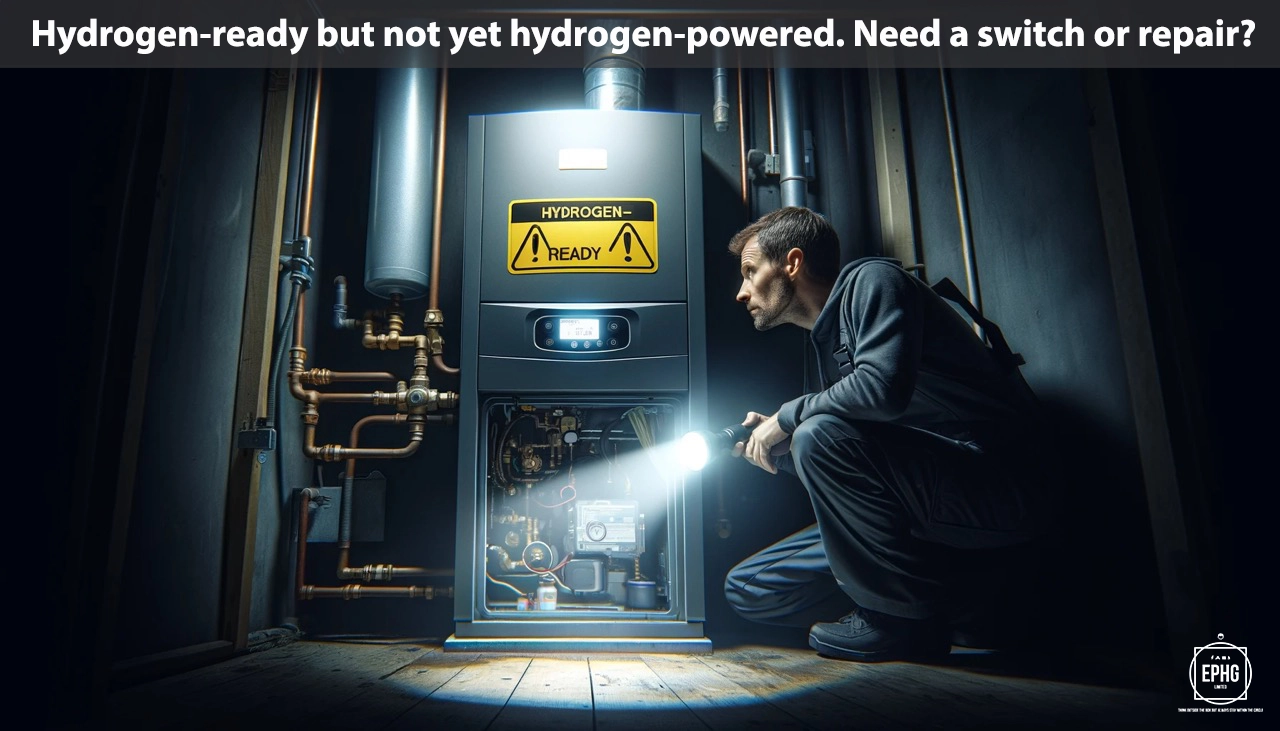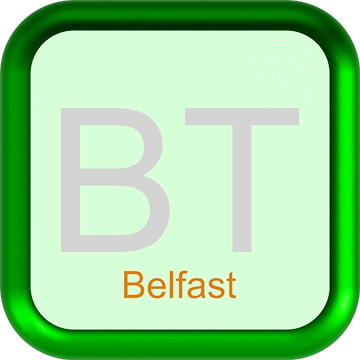
BT Postcodes for Utilities & Services in Northern Ireland
Introduction: The BT postcode area, covering Northern Ireland, including Belfast, Derry, Lisburn, and beyond, here we share some enlightening insights on water & electric, along with other essential services.
Water in Northern Ireland
Where does the water supply come from in Northern Ireland and is there ever a shortage of water?
In Northern Ireland, the primary water supply comes from reservoirs, rivers, and lakes, which are abundant due to the region's rainfall. Northern Ireland Water, the local water authority, manages these sources, ensuring they meet stringent safety and quality standards. Although the area benefits from a generally stable water provision, there are times, particularly during unexpected dry spells, when water resources can become strained. In response, water conservation measures may be advised. Residents are urged to employ water-saving techniques to aid in maintaining an adequate supply for everyone.
What is the hardness & quality of the water in Northern Ireland and can this affect your health?
The water in Northern Ireland is generally soft, particularly compared to many areas of the UK. This means there are lower concentrations of calcium and magnesium, which reduces the likelihood of scale buildup in appliances. The water quality is continuously monitored, ensuring it adheres to health and environmental standards, thus being safe for all domestic uses. While soft water is preferable for many household tasks and is typically better for the skin, it is essential to ensure it still contains necessary minerals. Public health and safety are priorities, with regular testing ensuring the water remains safe for consumption.
Electricity in Northern Ireland
Where does the electric supply come from in Northern Ireland and what is the future of energy there?
Northern Ireland's electricity supply comes from a combination of local power stations, renewable energy sources, and connections to the electricity grid of the Republic of Ireland and Great Britain. Traditionally, the region has relied on fossil fuels, but there has been a significant shift towards renewable sources such as wind, solar, and marine energy. The aim is to decrease reliance on imported fuels and reduce carbon emissions. Northern Ireland is investing in renewable energy infrastructure and exploring innovative energy solutions like tidal power and energy storage systems. The future of energy in Northern Ireland is geared towards increasing sustainability, with goals to expand the contribution of renewable sources significantly and improve energy efficiency across the region.
When is hydrogen coming to gas boilers in Northern Ireland?
The adoption of hydrogen for heating in Northern Ireland is part of a broader UK initiative to decarbonize the heating sector. The exact timeline for the widespread implementation of hydrogen heating systems is still under development, contingent on pilot schemes and infrastructure changes. Northern Ireland is expected to follow the UK's lead, starting with trial areas before broader deployment. Residents should maintain their current heating systems while staying abreast of new developments related to hydrogen energy. The transition to hydrogen, aimed at reducing the environmental impact of home heating, will evolve as technology advances and regulatory frameworks are established.
Where Does the Wastewater Go in Northern Ireland
In Northern Ireland, wastewater management involves collecting and treating wastewater from homes, businesses, and industrial sites to meet strict environmental standards. The region’s treatment facilities, such as those operated by Northern Ireland Water, employ modern processes to ensure the safe removal of pollutants. After treatment, the clean water is released into rivers, lakes, or the sea, depending on the location of the facility. These practices are crucial for protecting the environment and public health, aligning with both local and European regulations. Investments continue in upgrading infrastructure to handle growing demand and protect water quality, reflecting Northern Ireland's commitment to environmental sustainability and public well-being.
Regions and Services:
The BT postcode covers the entirety of Northern Ireland, from the bustling streets of Belfast to the scenic landscapes of the Causeway Coast. Key regions include:
- Belfast City: The heart of Northern Ireland's urban utilities development, showcasing comprehensive electrical and gas networks and a growing emphasis on renewable energy projects.
- Derry/Londonderry, Lisburn, and Newtownabbey: Cities that offer a mix of historical and modern amenities, reflecting their unique cultures and economic developments while evolving their utility services.
- Bangor, Ballymena, and Newry: Towns that balance between urban and rural lifestyles, increasingly adopting sustainable energy solutions and improving local utility infrastructures.
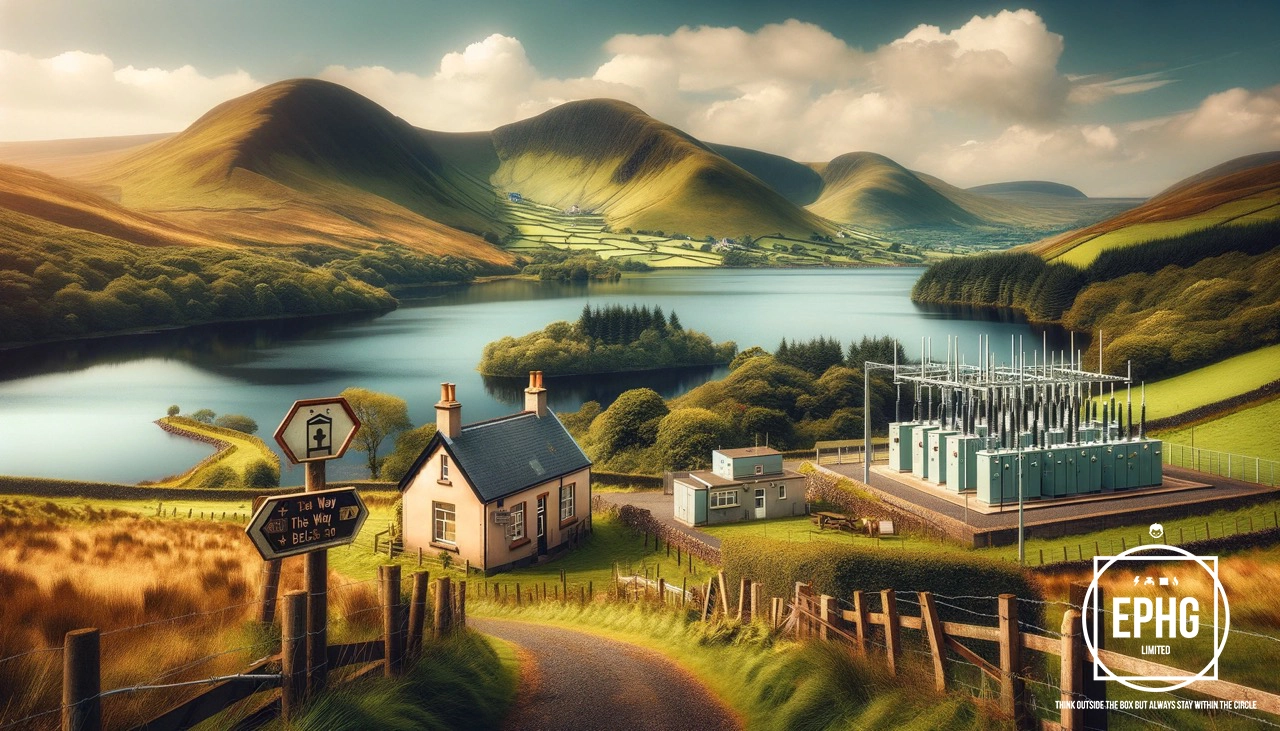
Regions within the BT Postcode
Belfast Area
- BT1: Belfast City Centre, including the Cathedral Quarter and The Titanic Quarter
- BT2: Belfast City Centre South, Central Business District
- BT3: Belfast Harbour Estate, including Belfast Docks
- BT4: East Belfast, Belmont, Sydenham, Ballymacarrett
- BT5: East Belfast, Castlereagh, Crossnacreevy, Gilnahirk, Knock
- BT6: East Belfast, Cregagh, Knockbreda, Orangefield
- BT7: South Belfast, Botanic, Ormeau, University area
- BT8: South Belfast, Carryduff, Knockbreda, Newtownbreda
- BT9: South Belfast, Lisburn Road area, Malone, Stranmillis
Surrounding Areas and Villages
- BT10: Belfast, Finaghy
- BT11: Belfast, Andersonstown
- BT12: Belfast, Donegall Road, Falls Road, Sandy Row, The Village
- BT13: Belfast, Ballygomartin, Clonard, Glencairn, Highfield
- BT14: Belfast, Ballysillan, Upper Ballysillan
- BT15: Belfast, Fortwilliam, New Lodge, Tiger's Bay
- BT16: East Belfast, Dundonald
- BT17: Belfast, Dunmurry, Hannahstown, Twinbrook, Poleglass, Lagmore
- BT18: Holywood, Craigavad
- BT19: Bangor area, Crawfordsburn, Groomsport, Helens Bay
- BT20: Bangor central
- BT21: Donaghadee
- BT22: Ards Peninsula, Portaferry
- BT23: Newtownards, Comber, Conlig, Killinchy, Moneyrea
- BT24: Ballynahinch, Drumaness, Saintfield
- BT25: Dromore, Ballykeel, Kinallen, Banbridge
- BT26: Hillsborough, Annahilt, Culcavy
- BT27: Lisburn, Lambeg, Ballinderry Upper, Ballinderry Lower, Stoneyford
- BT28: Lisburn, Glenavy, Moira
- BT29: Crumlin, Aldergrove, Dundrod, Glenavy, Nutts Corner
- BT30: Downpatrick, Ardglass, Ballyhornan, Ballykinler, Ballynahinch, Crossgar, Killyleagh, Saintfield, Seaforde, Strangford
- BT31: Castlewellan, Ballyward
- BT32: Banbridge, Annaclone, Ballinaskeagh, Ballyroney, Corbet, Loughbrickland, Katesbridge
- BT33: Newcastle, Bryansford, Dundrum
- BT34: Newry, Warrenpoint, Rostrevor, Hilltown, Rathfriland, Kilkeel
- BT35: Newry, Camlough, Crossmaglen, Jonesborough, Mullaghbawn, Bessbrook
- BT36: Newtownabbey, Glengormley, Jordanstown
- BT37: Newtownabbey, Whiteabbey, Monkstown
- BT38: Carrickfergus, Greenisland, Whitehead
- BT39: Ballyclare, Ballynure, Doagh, Parkgate, Straid, Templepatrick
- BT40: Larne, Ballycarry, Glenarm, Glynn, Islandmagee, Kilwaughter, Magheramorne
- BT41: Antrim, Dunadry, Muckamore, Randalstown, Toomebridge
- BT42: Ballymena, Broughshane, Cloughmills, Martinstown, Moorfields, Portglenone
- BT43: Ballymena, Cullybackey, Galgorm, Kells
- BT44: Ballymena, Cargan, Clough, Cloughmills, Glenariffe, Glenarm, Glencorp, Glendun, Glenravel, Killybegs, Loughgiel, Newtown Crommelin
- BT45: Magherafelt, Castledawson, Knockloughrim, Upperlands
- BT46: Maghera, Tobermore, Draperstown, Desertmartin
- BT47: Derry, Waterside, Drumahoe, Eglinton, Dungiven
- BT48: Derry, Cityside, Ballynagard, Coshquin, Rosemount, The Collon, Culmore
- BT49: Limavady, Ballykelly
- BT51: Coleraine, Castlerock, Aghadowey, Articlave, Bellany, Cloyfin
- BT52: Coleraine, Portstewart, Portrush
- BT53: Ballymoney, Dervock, Armoy, Loughguile
- BT54: Ballycastle, Ballintoy, Ballypatrick, Ballyvoy, Glenshesk, Glentaisie
- BT55: Portrush, Portstewart
- BT56: Portstewart
- BT57: Bushmills, Giants Causeway, Dunseverick, Portballintrae
- BT60: Armagh, Keady, Tassagh, Markethill
- BT61: Armagh, Richhill, Hamiltonsbawn
- BT62: Craigavon, Portadown, Tandragee, Clare, Scotch Street
- BT63: Craigavon, Gilford, Laurencetown
- BT64: Craigavon Central, Brownlow
- BT65: Craigavon West
- BT66: Lurgan, Derryadd, Derrytrasna, Dollingstown, Donaghcloney, Waringstown
- BT67: Lurgan, Aghacommon, Aghagallon, Ballinderry Lower, Ballinderry Upper, Magheralin
- BT68: Caledon, Minterburn
- BT69: Aughnacloy, Carnteel
- BT70: Dungannon, Benburb, Blackwatertown, Bush, Coalisland, Donaghmore, Galbally, Garvaghy, Moy, Pomeroy
- BT71: Dungannon, Ballygawley, Cabragh, Eglish, Moygashel, Peatlands Park, Tullyhogue
- BT74: Enniskillen, Ballinamallard, Irvinestown (part), Lisnarick, Trory
- BT75: Fivemiletown
- BT76: Clogher
- BT77: Augher
- BT78: Omagh, Dromore, Drumquin, Eskra, Fintona, Killyclogher, Mountfield, Seskinore, Sixmilecross, Beragh
- BT79: Omagh, Gortin, Newtownstewart, Plumbridge, Seskinore
- BT80: Cookstown, Coagh, Tullyhogue
- BT81: Castlederg, Aghyaran, Clare, Drumnakilly, Evish, Killeter, Killen, Killycolpy, Loughmacrory, Newtownstewart
- BT82: Strabane, Artigarvan, Ballymagorry, Bready, Clady, Douglas Bridge, Dunnamanagh, Sion Mills, Victoria Bridge
- BT92: Enniskillen, Lisnaskea, Derrylin, Newtownbutler
- BT93: Enniskillen, Belleek, Kesh, Derrygonnelly, Garrison
- BT94: Enniskillen, Tempo, Maguiresbridge, Lisbellaw, Trillick
